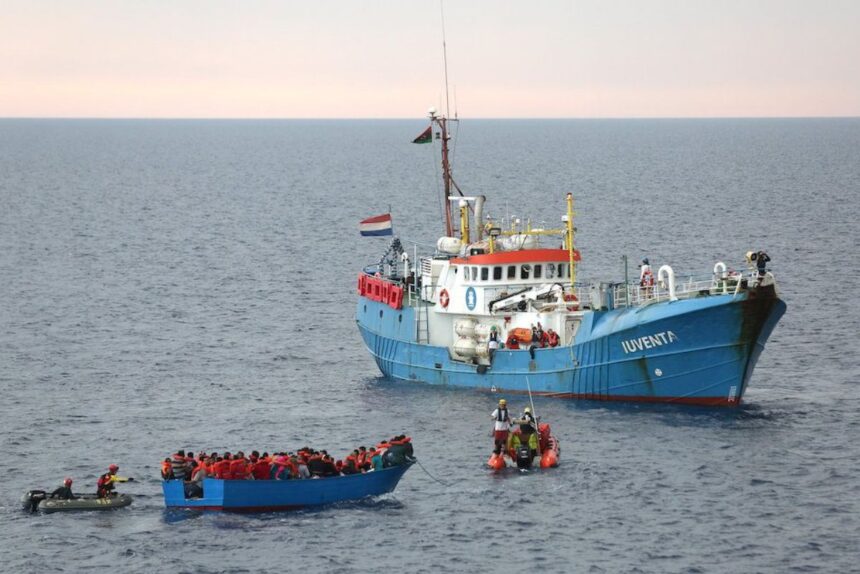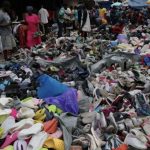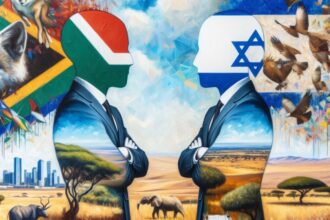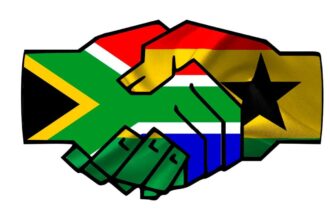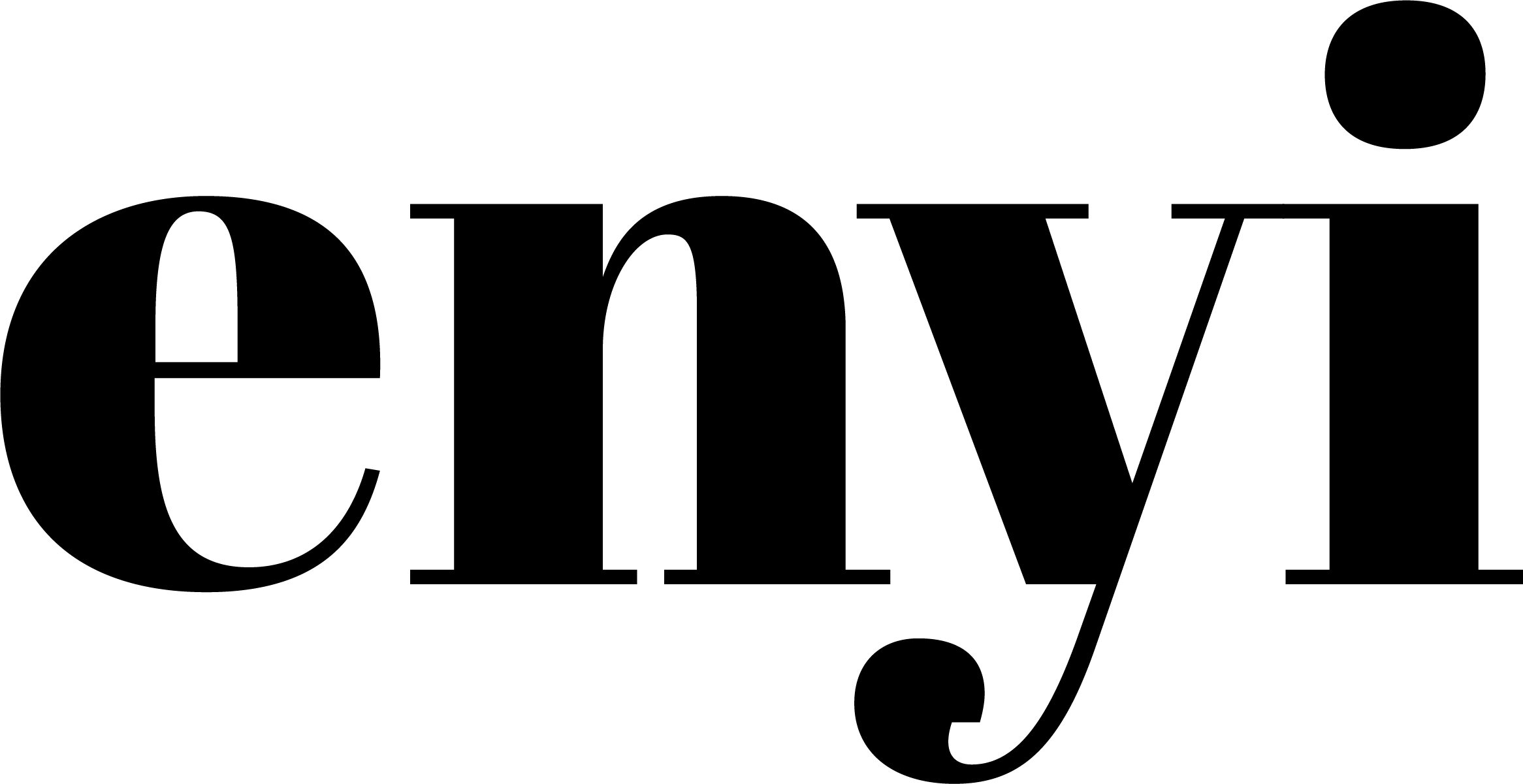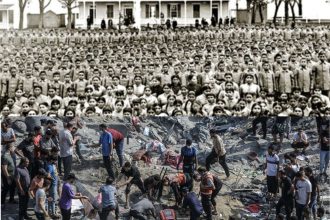Background : The Mediterranean migration crisis has been an ongoing issue, with numerous individuals attempting perilous journeys to reach European shores for safety, economic prospects, or escape from political and social unrest.
Non-governmental organizations (NGOs), supported by various European nations, play a pivotal role in rescuing these migrants from drowning.
(Krenak 2018)
However, this has led to a strained relationship between Italy and several European countries, particularly with regards to the settlement and integration of rescued migrants.
Tensions Rise: Italy Challenges EU’s Migration Pact Amid NGO Controversies
Italian Minister of Foreign Affairs, Antonio Tajani, called for a re-evaluation of the European Union’s migration agreement. He stated that migrants rescued by NGO vessels should be directed to the nations backing these NGOs. This statement was a response to recent information revealing Germany’s financial support to three of its NGOs operating in the Mediterranean.
These organizations, according to Italy, have been instrumental in transferring a significant number of migrants to Italian shores. The Italian administration, having witnessed a surge in the arrival of migrants over the past year, believes that such NGOs inadvertently promote hazardous voyages across the Mediterranean.
The NGOs, on the other hand, argue that their primary objective is humanitarian, emphasizing they have been responsible for a small fraction of the total migrants arriving in Italy this year. Matters intensified after Italy’s previous dispute with France, wherein a French NGO vessel, carrying 230 migrants, was initially denied access to Italian ports. The ship later redirected to France.
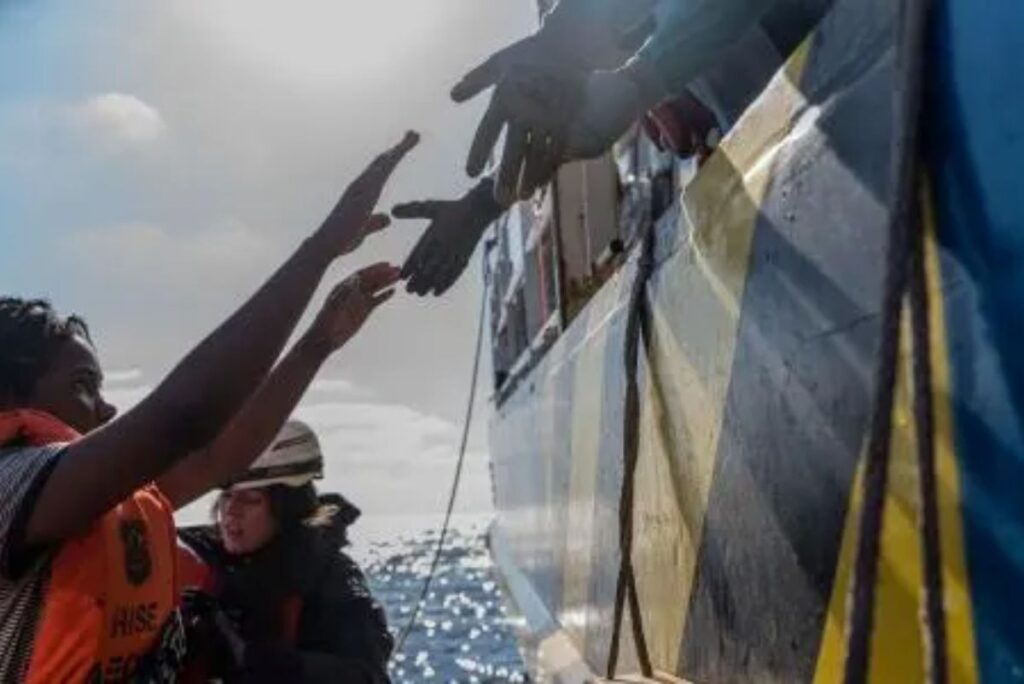
NGOs play a critical role in rescuing migrants who find themselves in distress while attempting to cross the Mediterranean. These organizations often operate ships that patrol the waters, looking for overcrowded or sinking vessels and bringing the people on board to safety. However, their actions are sometimes viewed controversially because some governments believe that the presence of rescue ships may inadvertently encourage more migrants to undertake the dangerous journey, thinking they will be saved if they run into trouble. Additionally, disagreements arise regarding which country should take responsibility for the migrants once they are rescued.
Diplomatic Discord: Italy, Germany, and Elon Musk Debate NGO’s Mediterranean Operations
Italian Prime Minister Giorgia Meloni reached out to German Chancellor Olaf Scholz, expressing her surprise over Germany’s decision to fund the NGO operations. In response, German Foreign Minister Annalena Baerbock upheld Germany’s stance, reiterating that the central aim of these groups was to save lives.
Meanwhile, business magnate Elon Musk stirred controversy by echoing concerns over Germany-backed NGO operations in the Mediterranean. Using his social media platform, formerly known as Twitter, Musk queried if the general German populace was informed about their government’s support for these NGOs, suggesting a lack of public endorsement. The German Foreign Office promptly responded, emphasizing the life-saving aspect of the operations.
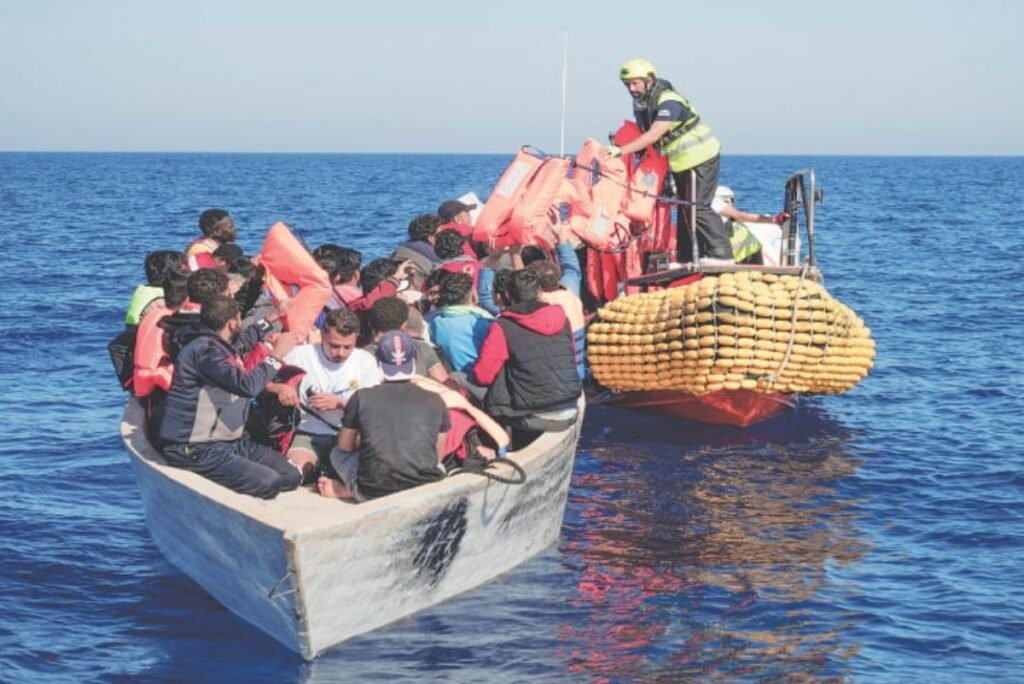
European countries have had varied responses to the influx of migrants. Some nations have opened their borders and provided asylum to a large number of refugees, while others have been more restrictive, tightening border controls and focusing on repatriation efforts. The European Union has also tried to develop shared solutions, but consensus has been challenging due to differing views and priorities among member states.
MED9 Summit Addresses Migration Surge: European Nations Grapple with Resettlement Challenges
Amidst this backdrop, the MED9 summit held in Valletta, Malta, which includes representatives from several Mediterranean countries, stressed the urgency to address the escalating migration. The summit highlighted the necessity for short and long-term strategies, focusing on curbing primary movements, expediting the return of unsuccessful asylum seekers, and addressing the core issues causing irregular migration. Migration across the Mediterranean remains a critical issue. Numerous individuals risk their lives every year, traveling in subpar vessels in the hope of a safer and brighter future. This situation often precipitates disagreements among European nations about the resettlement and care of the rescued migrants.








